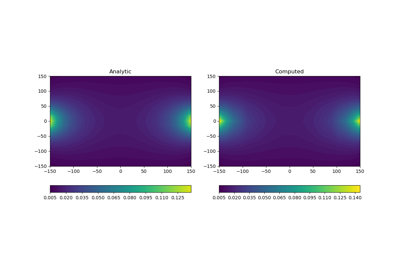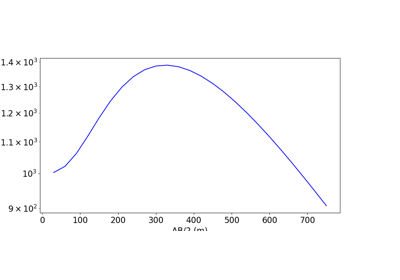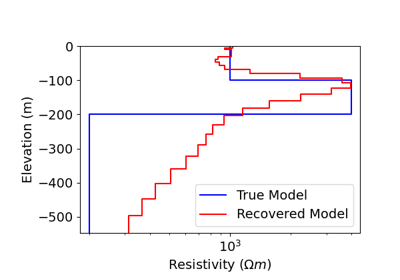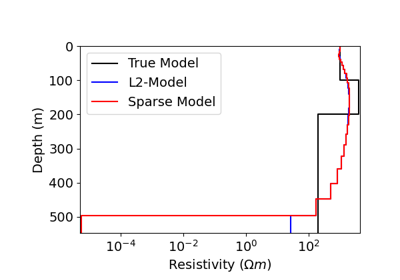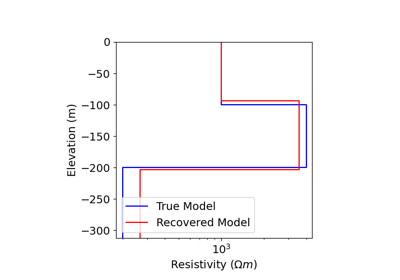SimPEG.electromagnetics.static.resistivity.receivers.Dipole#
- class SimPEG.electromagnetics.static.resistivity.receivers.Dipole(locations_m=None, locations_n=None, locations=None, **kwargs)[source]#
Bases:
BaseRxDipole receiver class
- Parameters:
- locations_m(
n_loc,dim)numpy.ndarray M electrode locations; remember to set ‘locations_n’ keyword argument to define N electrode locations.
- locations_n(
n_loc,dim)numpy.ndarray N electrode locations; remember to set ‘locations_m’ keyword argument to define M electrode locations.
- locations
listortupleoflength2ofnumpy.ndarray M and N electrode locations. In this case, do not set the ‘locations_m’ and ‘locations_n’ keyword arguments. And we supply a list or tuple of the form [locations_m, locations_n].
- data_type{‘volt’, ‘apparent_resistivity’, ‘apparent_chargeability’}
Data type.
- locations_m(
Notes
Either pass both locations_m and locations_n arguments, or pass only locations argument.
Attributes
M and N electrode locations
Locations of the M-electrodes
Locations of the N-electrodes
Number of data associate with the receiver(s).
Methods
getP(mesh, projected_grid[, transpose])Get projection matrix from mesh to receivers
